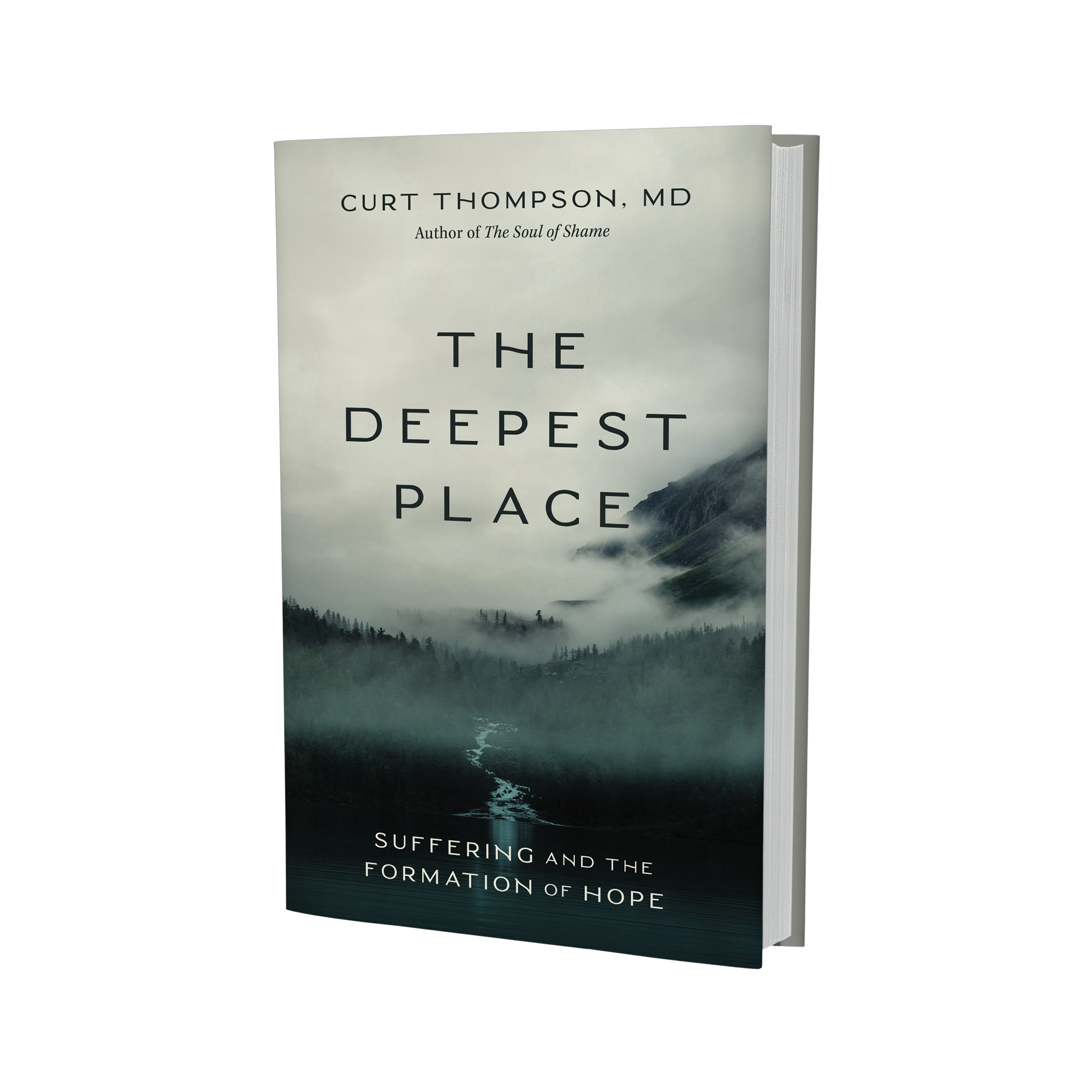Giving Thanks – Part 1

November has arrived, and Thanksgiving is just around the corner. Over the last decade, the work of many, not least in the fields of neuroscience and psychotherapy has cast a fresh light on the benefit of gratitude. The salubrious effects of approaching life with a mindset of thankfulness has once again gained cultural credibility, oddly enough, because of the authority we give to science in general and in particular, to one of its offspring, the field of mental health. The practice of gratitude has, as a result, led to many testimonies of lives changed for the better. And for this we can all—no pun intended—be quite grateful.
The practice of gratitude, of “giving” thanks is something that does not come naturally. We must be taught, trained in the habit. Just the other week as my wife and I passed out Halloween treats, nothing was uttered more commonly by parents, especially to their littlest ones than, “What do you say?” after another young Jedi had received his Snickers bar. The point is, we don’t become people of gratitude simply because we are told once or twice to say thank you. We must be formed into such people.
But what is gratitude all about, really? What exactly is being formed in us, and what is good about it? Just being polite? Merely the fostering of a habit by which, whenever I receive a gift or service I automatically say, “Thanks.” in the same way I have come to (hopefully) turn on my blinker when changing lanes? Simply another way for me to acquire a greater sense of well-being and compassion that at the end of the day enables me to feel better about my life but doesn’t ultimately change the course of the world, since as cosmology tells us, we’re headed toward either the Big Freeze or the Big Crunch? Don’t get me wrong. Developing the habit of saying thank you is a very good practice to acquire. But perhaps for reasons beyond those on the surface you would rightly first consider.
The ancient Hebrews and early Christians were some of the first communities for whom “thanks” was “given” not, as many of the near-Eastern cultures around them did, out of fear of some cosmic reprisal if they didn’t. Rather, it was offered in response to being deeply loved—something else other cultures around them knew nothing about when it came to their deities. And loved, not in some abstract, disembodied way, but over time in a deeply, neurally, somatically and communally embedded fashion. They were formed to say thank you for having encountered a person. A person who they claimed was acting in history and in love, continually moving closer and closer to us, culminating in Jesus and the pouring out of God’s Sprit within us. For the people of God, giving thanks—even for gifts of service or material goods—is simultaneously the joyful acknowledgement and the further facilitation of loving relationships, what we Christians testify has its most beautiful expression in the life of the Holy Trinity.
Hence, the things we are given, or the actions taken on our behalf for which we are grateful are ultimately, like all good and beautiful things, proxies for relationships. Relationships in which we long to be deeply known and loved. As far as our brains are concerned, then, the act of giving thanks is at the most primal level—that of the brainstem, limbic circuitry and right hemisphere—a bid for relational intimacy, no matter how minor the moment may seem. Accordingly, in training our children and each other to practice thanksgiving, what we are forming are not merely habits of polite social discourse; rather we are laying the groundwork for deeply connected, eternally influential relationships. In giving thanks, we are turning our attention to each other as much as to the object or service for which we are grateful. We are, moment by moment, building community as we acknowledge someone’s action on our behalf. Moreover, we who follow Jesus worry not about either the Big Freeze or Big Crunch; for we are persuaded that no matter what happens, all of life is to be consummated in the new heaven and earth that are coming. Giving thanks, and forming deeply connected community as a result is just one more way in which we are practicing for the Age that is here and also yet to come.
As you draw closer to Thanksgiving, I invite you to pay attention, then, not just to the stuff you have or the conveniences of your life—but even more so to the relationships to which you belong and in which you long, also, to be drawn closer. And whenever you get the chance, take the opportunity to look those people in the eyes and say with your kindest, most earnest words how grateful you are for them. They will, no doubt, be thanking God you did.
